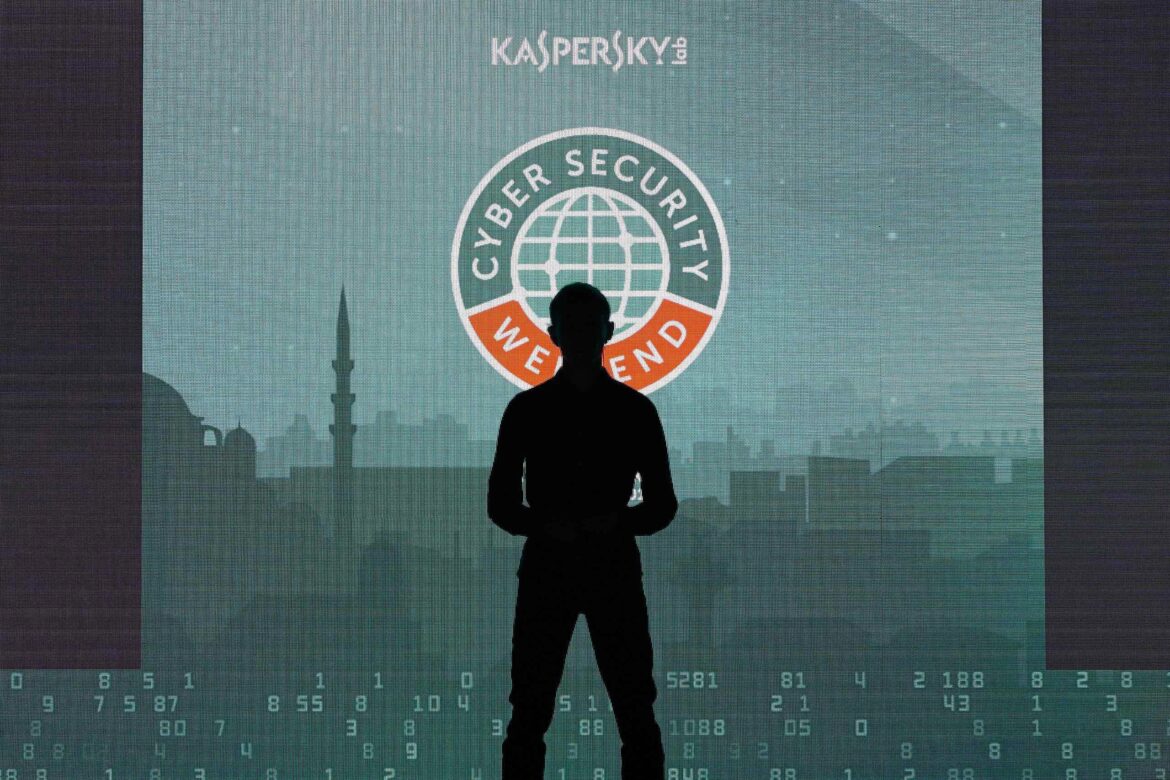Almost two years I’ve been focused on cyber security of Smart Medicine. The result was collected in the 3 big reports.
At last year’s Security Analyst Summit 2017 we predicted that medical networks would be a titbit for cybercriminals. Unfortunately, we were right. The numbers of medical data breaches and leaks are increasing. According to public data, this year is no exception.
Medical data is slowly but surely migrating from paper mediums to the digital infrastructure of medical institutions. Today, the data is “scattered” across databases, portals, medical equipment, etc. In some cases, the security of the network infrastructure of such organizations is neglected, and resources that process medical information are accessible from outside sources.


